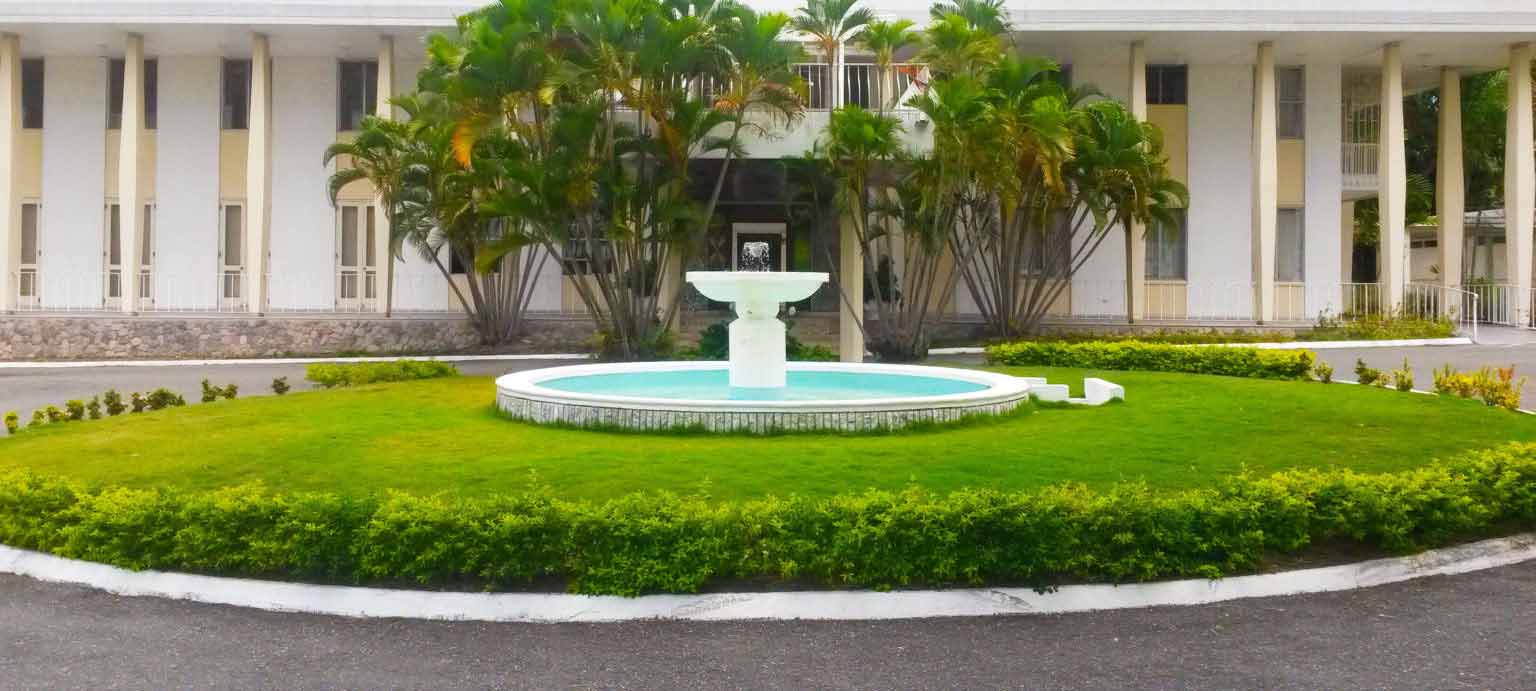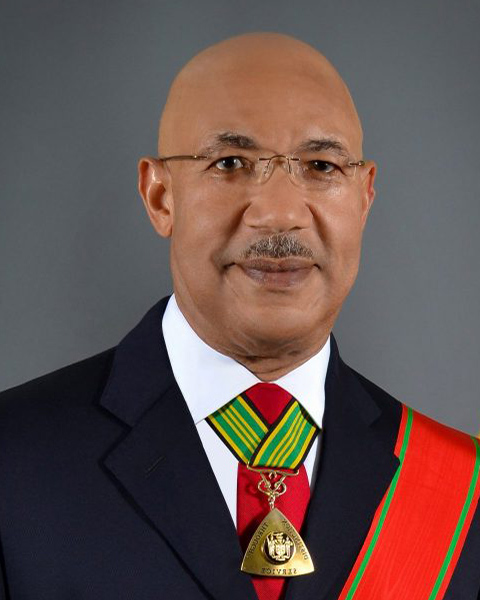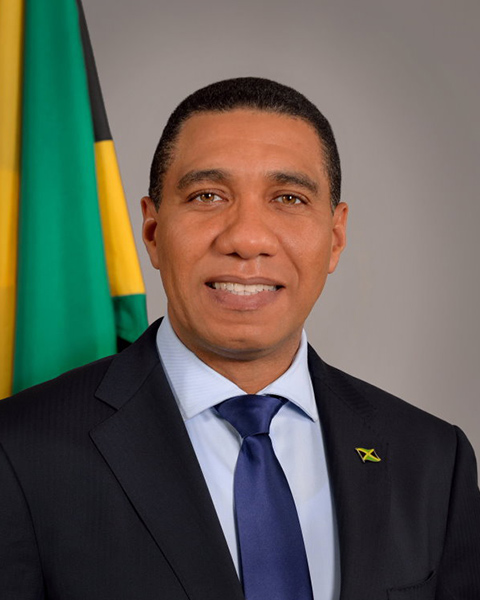Jamaica is a parliamentary democracy and constitutional monarchy. The head of state is the Queen of Jamaica (currently Elizabeth II), represented locally by the Governor-General of Jamaica. The governor-general is nominated by the Prime Minister of Jamaica and the entire Cabinet and then formally appointed by the monarch.
All the members of the Cabinet are appointed by the governor-general on the advice of the prime minister. The monarch and the governor-general serve largely ceremonial roles, apart from their reserve powers for use in certain constitutional crisis situations. The position of the monarch has been a matter of continuing debate in Jamaica for many years; currently both major political parties are committed to transitioning to a republic with a president.
Jamaica's current constitution was drafted in 1962 by a bipartisan joint committee of the Jamaican legislature. It came into force with the Jamaica Independence Act, 1962 of the United Kingdom parliament, which gave Jamaica independence.
The Executive
The 1962 Constitution established a parliamentary system based on the United Kingdom's Westminster model. As head of state, Queen Elizabeth II appoints a governor-general, on the advice of the prime minister, as her representative in Jamaica. The governor-general's role is largely ceremonial. Executive power is vested in the Queen, but exercised mostly by the Cabinet of Jamaica; led by the Prime Minister, currently Andrew Holness.
Find Out More
The Legislature
The Jamaican Parliament consists of two Houses – the Senate, also called the Upper House, and the House of Representatives, also known as the Lower House – and the British Monarch. The Governor-General represents the Monarch in Parliament. Once a year, at the official opening of Parliament, the Governor-General delivers the “Throne Speech”. Beyond this, his/her parliamentary function is limited to his/her formal assent to Bills passed by the two Houses of Parliament.
The maximum life of a Parliament is five years, at the end of which Parliament must be dissolved and a general election held. However, the Prime Minister may advise the Governor-General to dissolve Parliament at any time within the five years and name a date for a general election. Also, Parliament must be dissolved and a general election held, if a majority of all the members of the House of Representatives supports a no-confidence motion against the Government.
Find Out More
The Judiciary
The judiciary also is modelled on the British system. The Court of Appeal is the highest appellate court in Jamaica. Under certain circumstances, cases may be appealed to Britain's Judicial Committee of the Privy Council. Jamaica's parishes have elected councils that exercise limited powers of local government.
Firearms offences, including possession of unlicensed guns and ammunition, are tried before a dedicated Gun Court established in 1974. The Gun Court hears cases in camera and practices jury trial only for cases of treason or murder. All other cases are tried by resident magistrates or justices of the Supreme Court of Jamaica.
Find Out More





